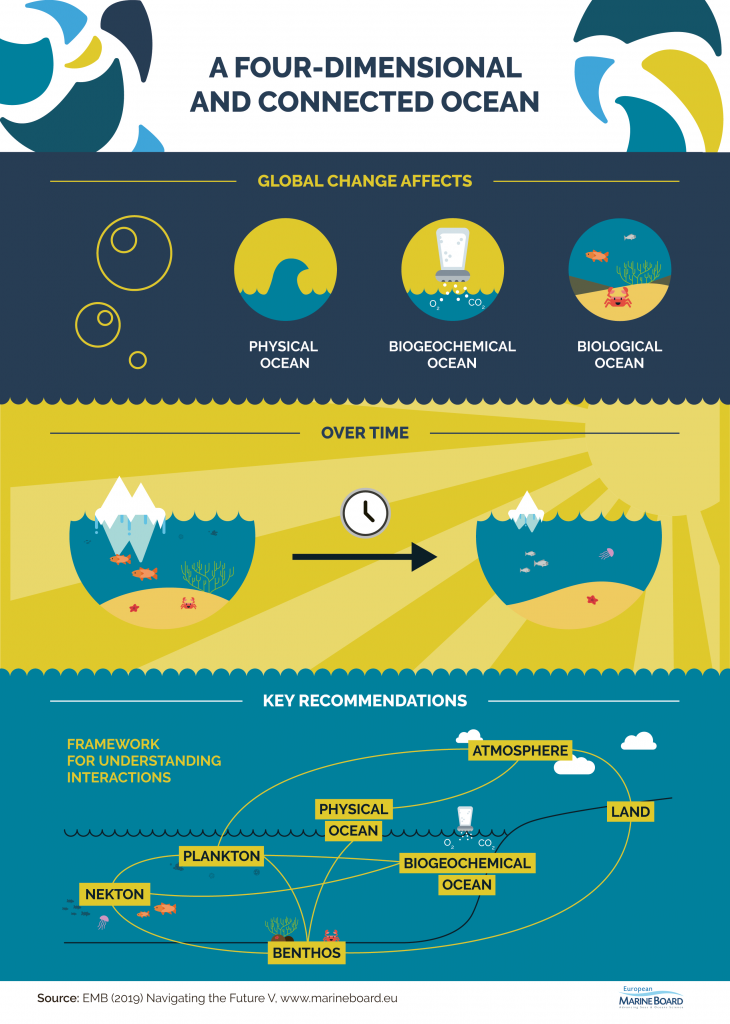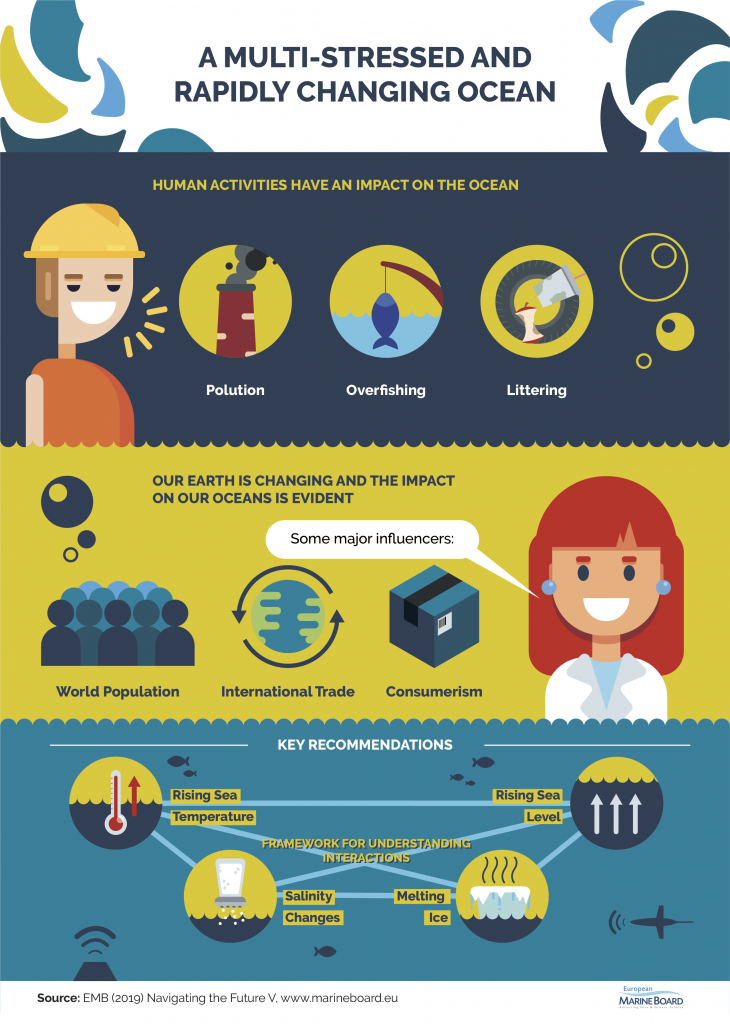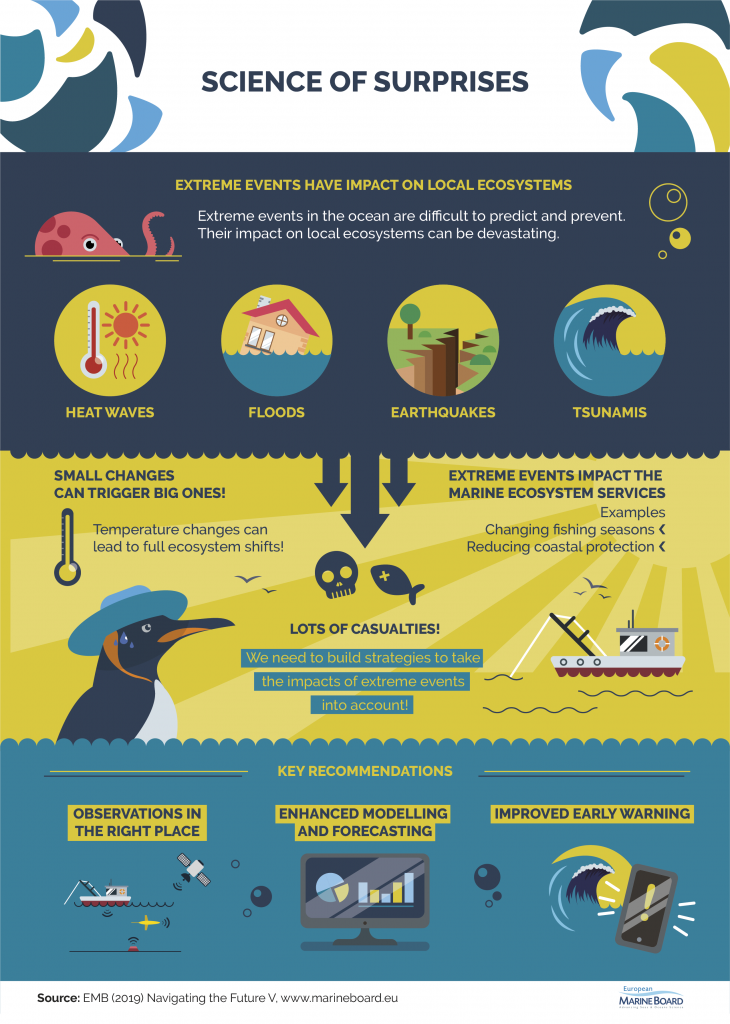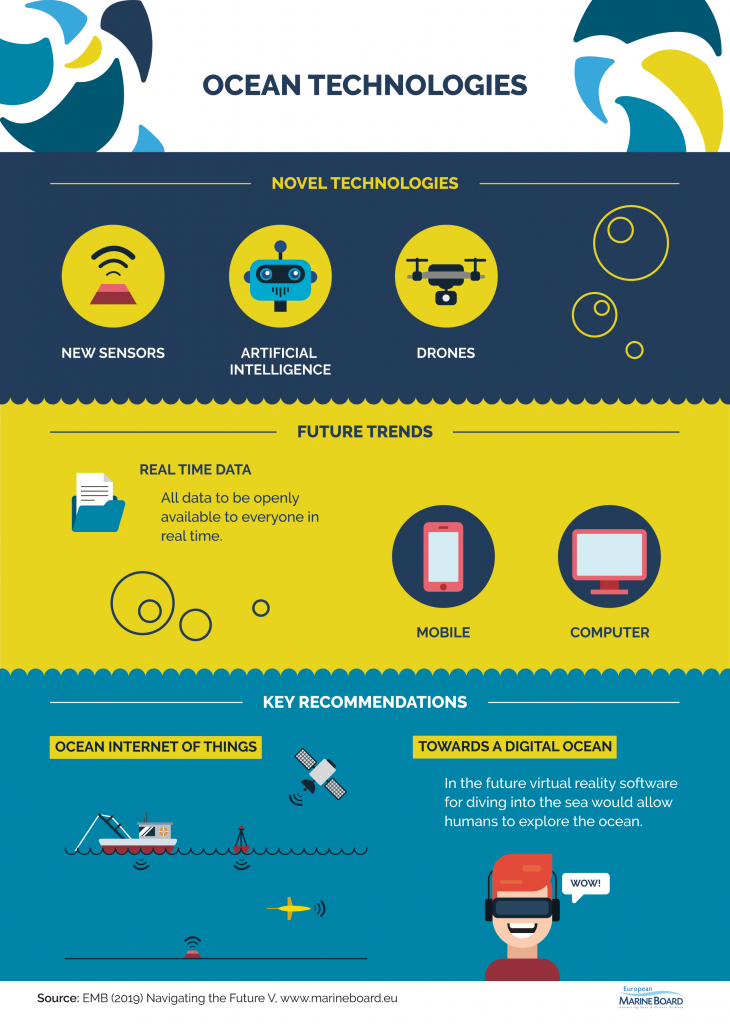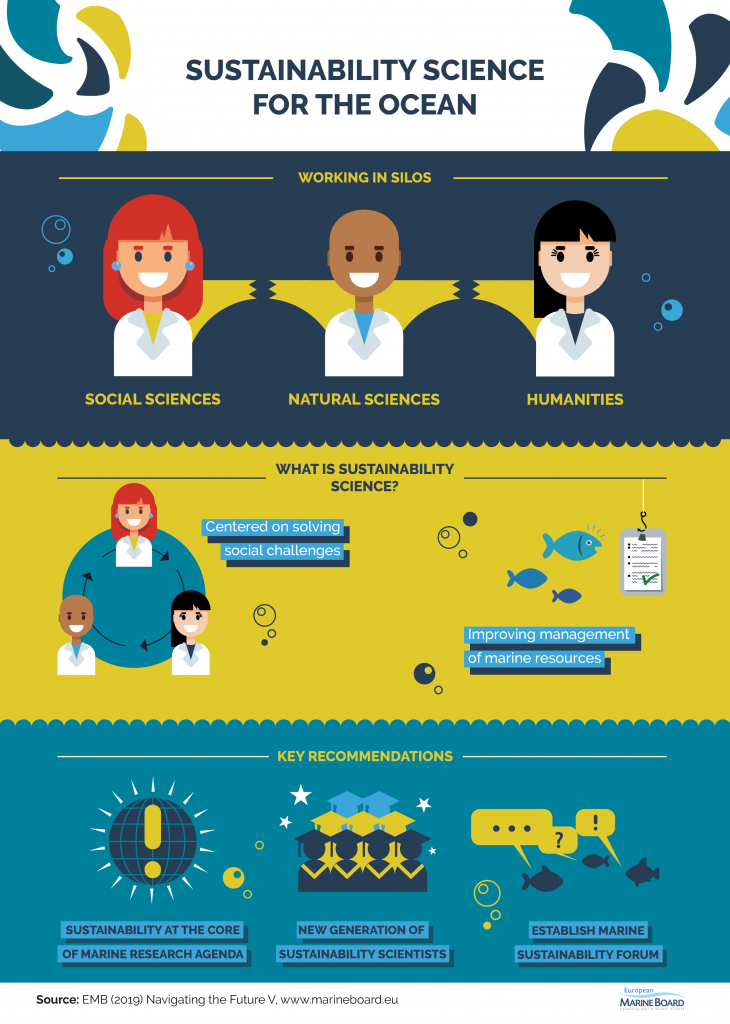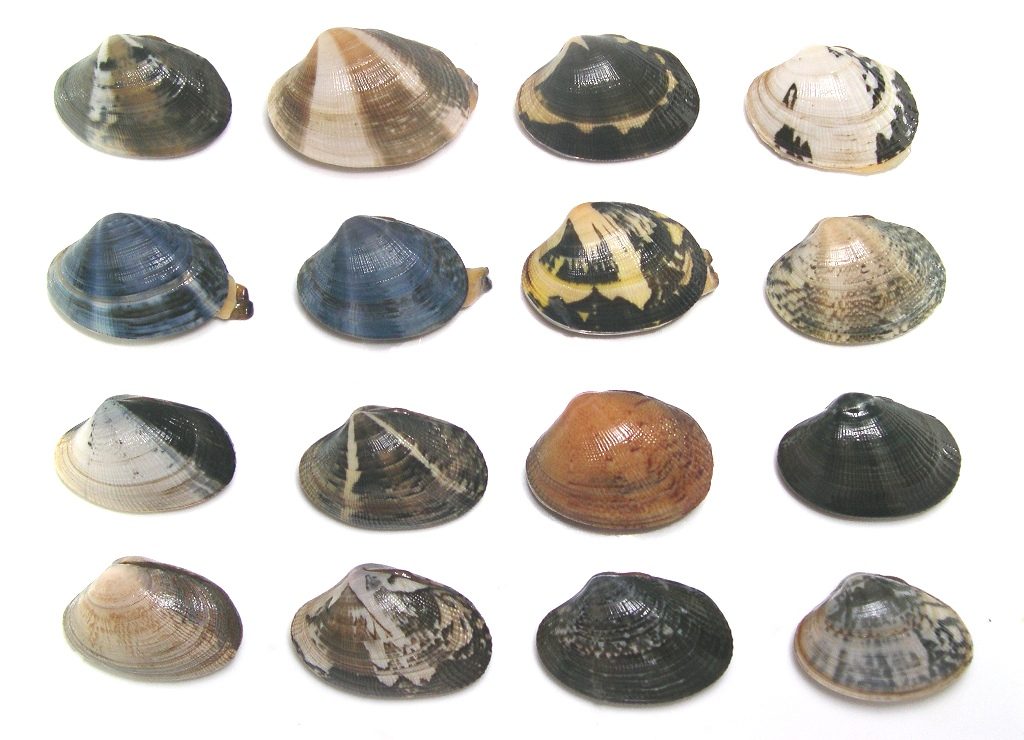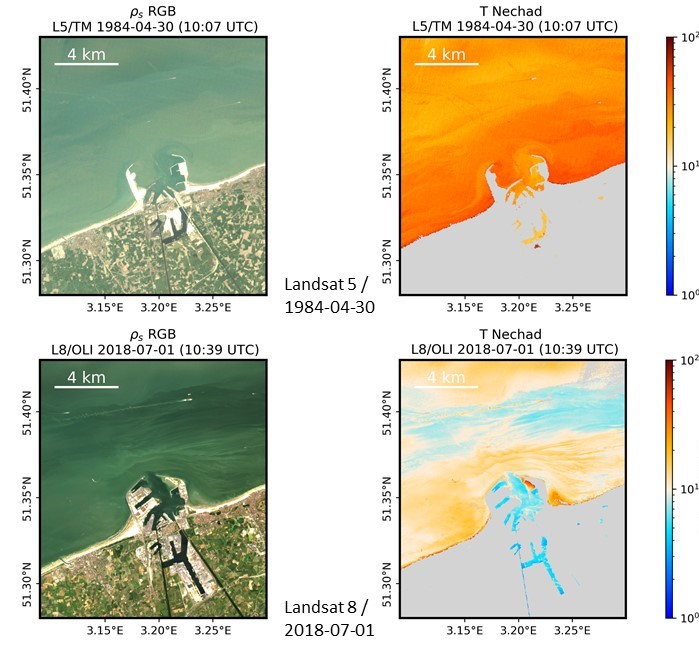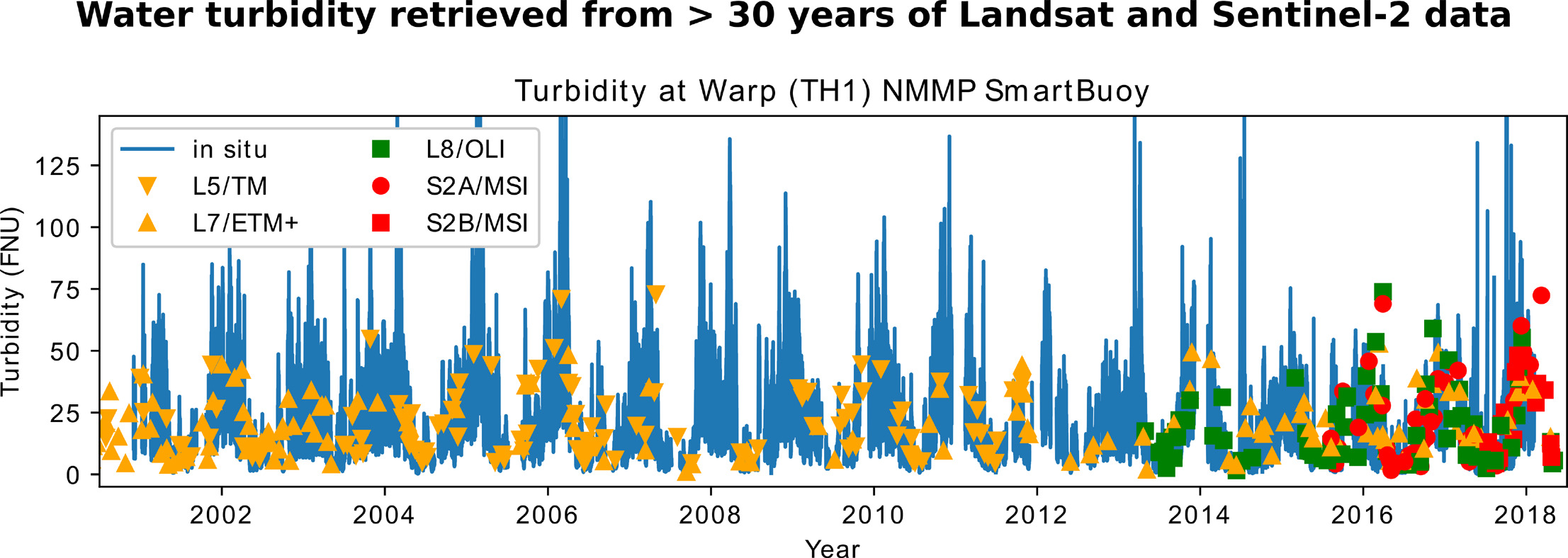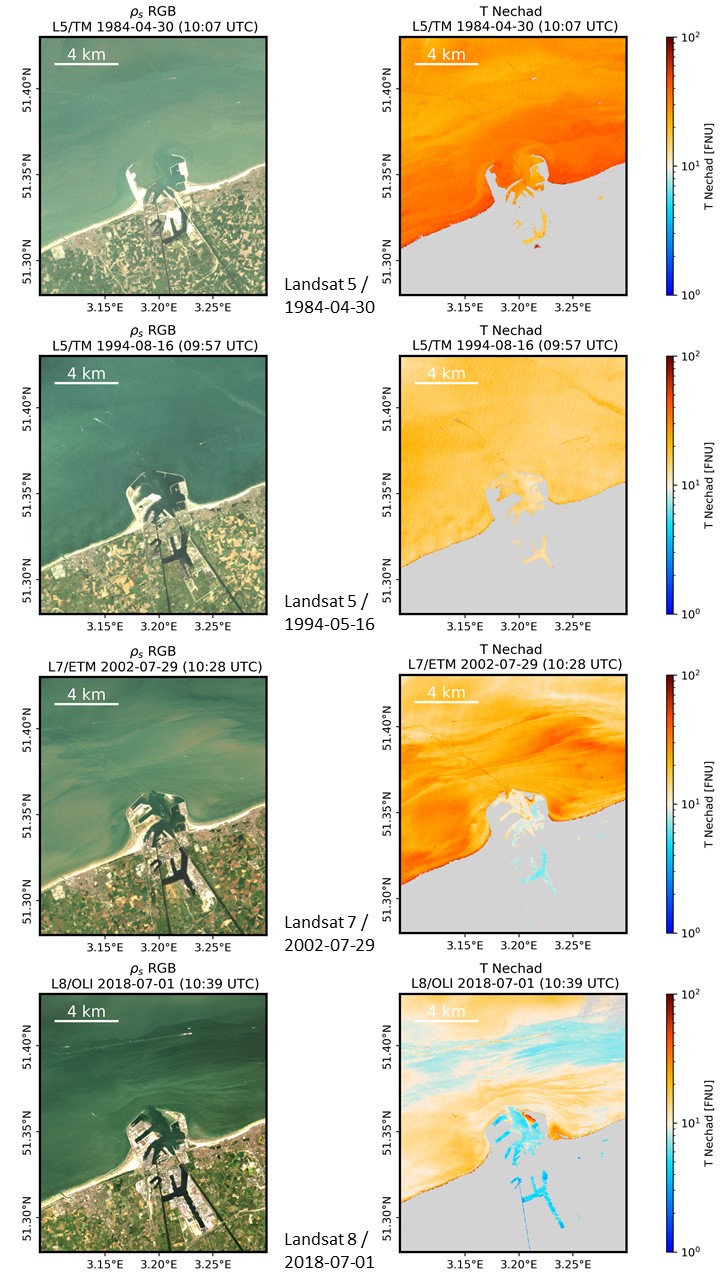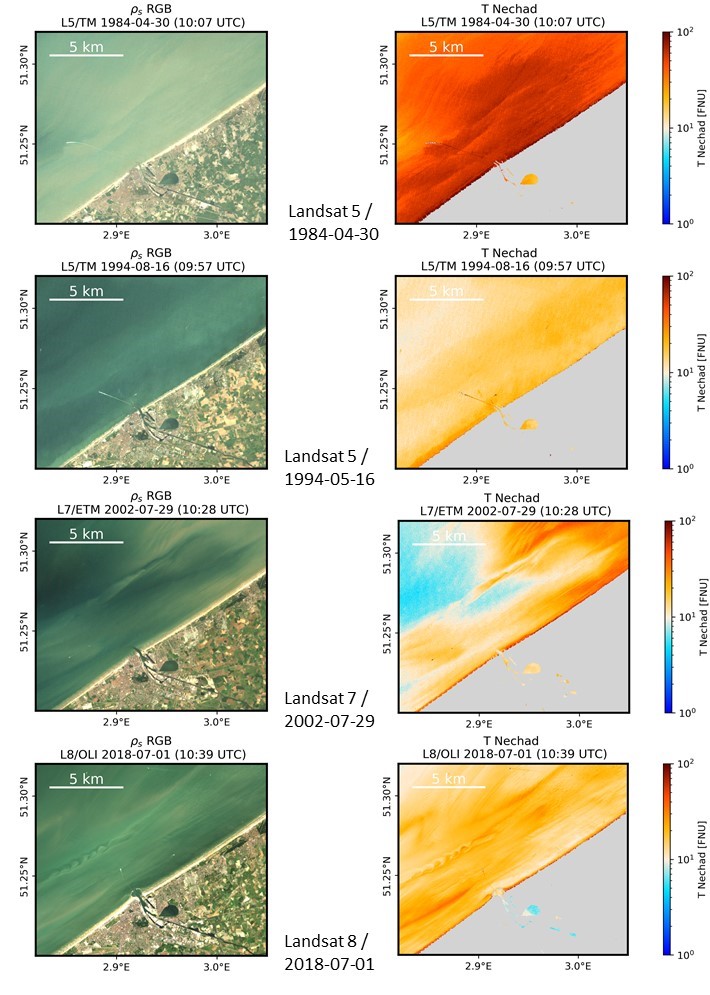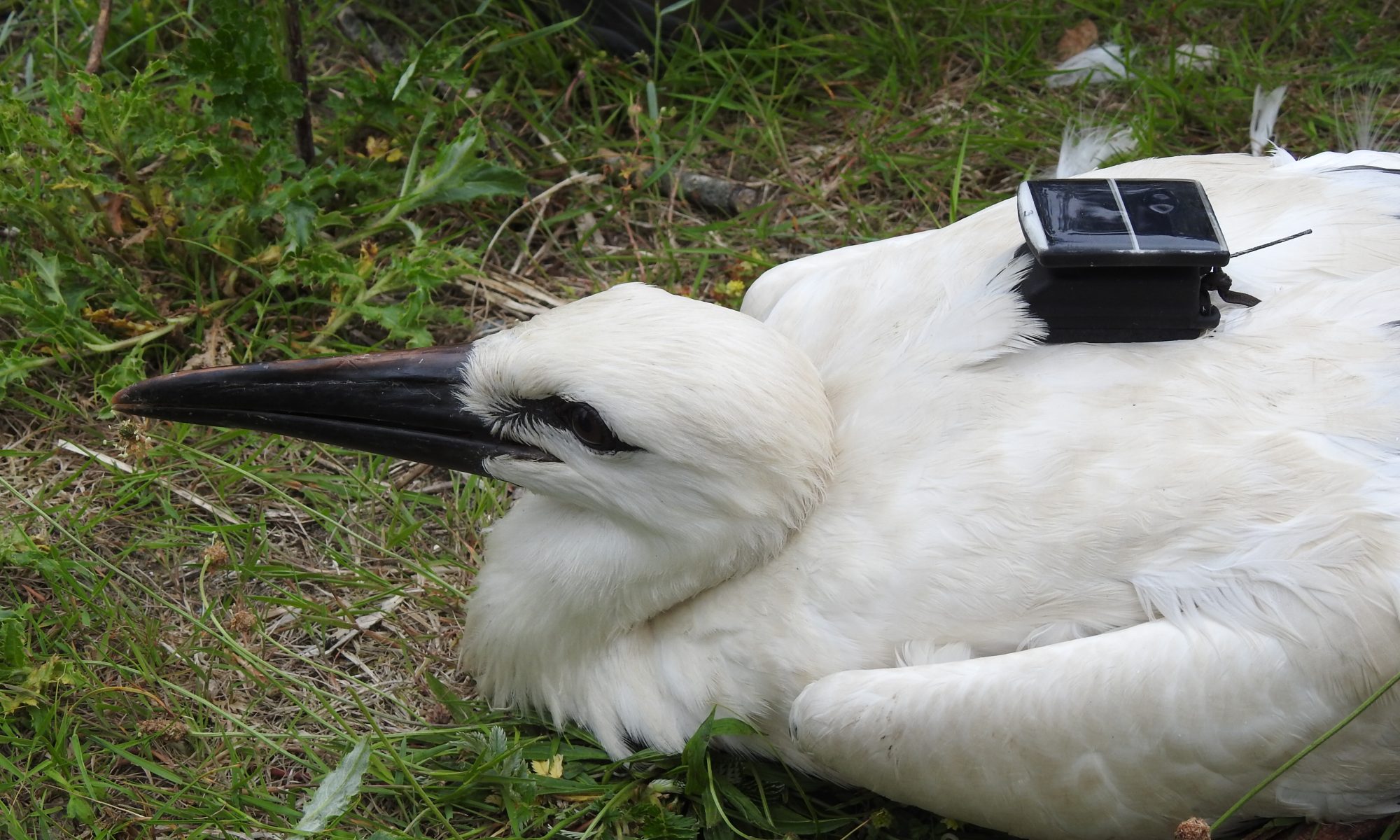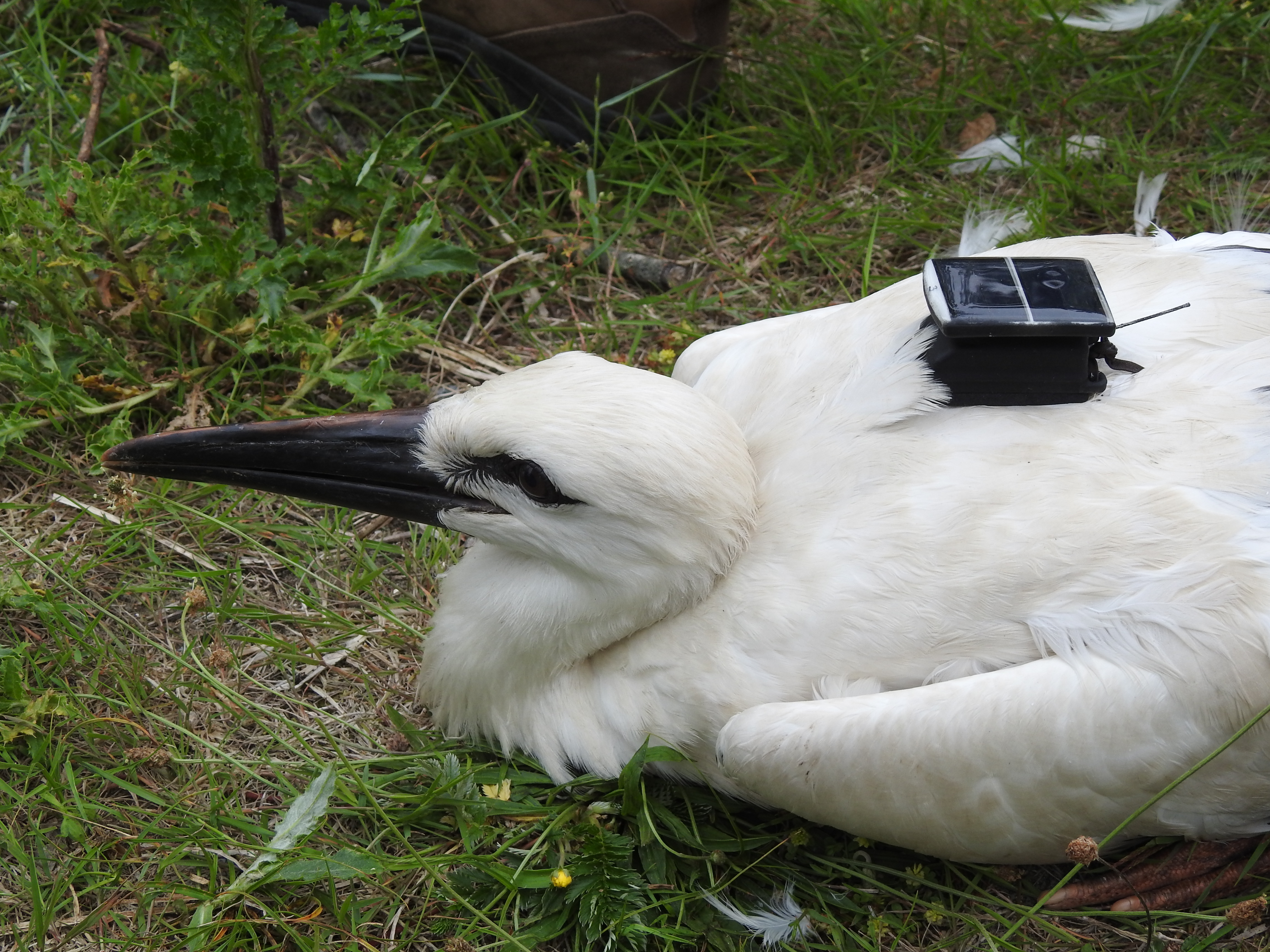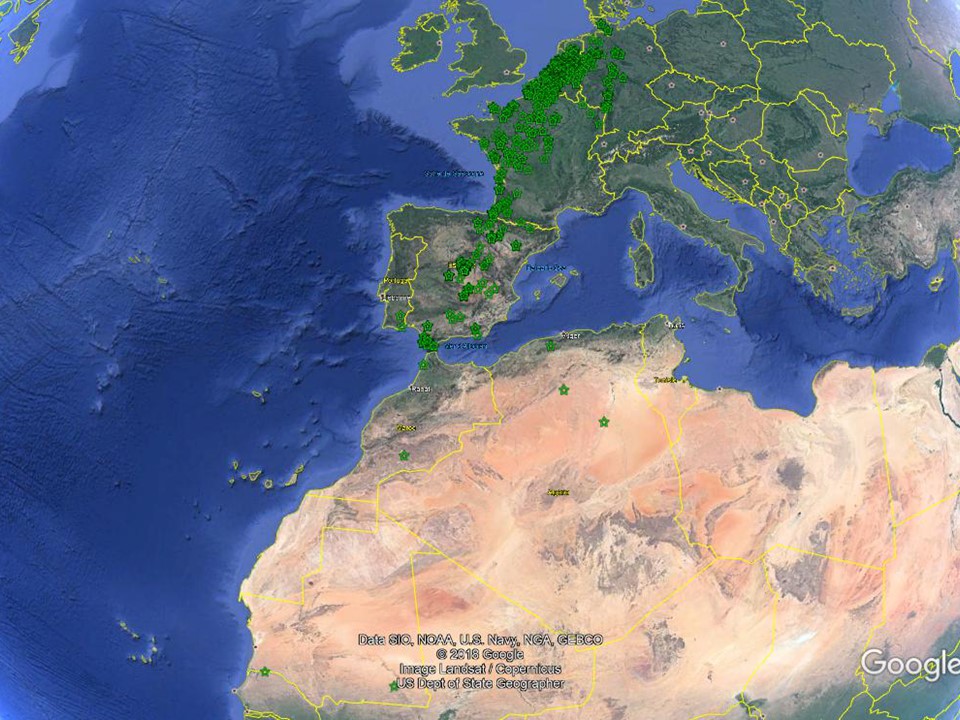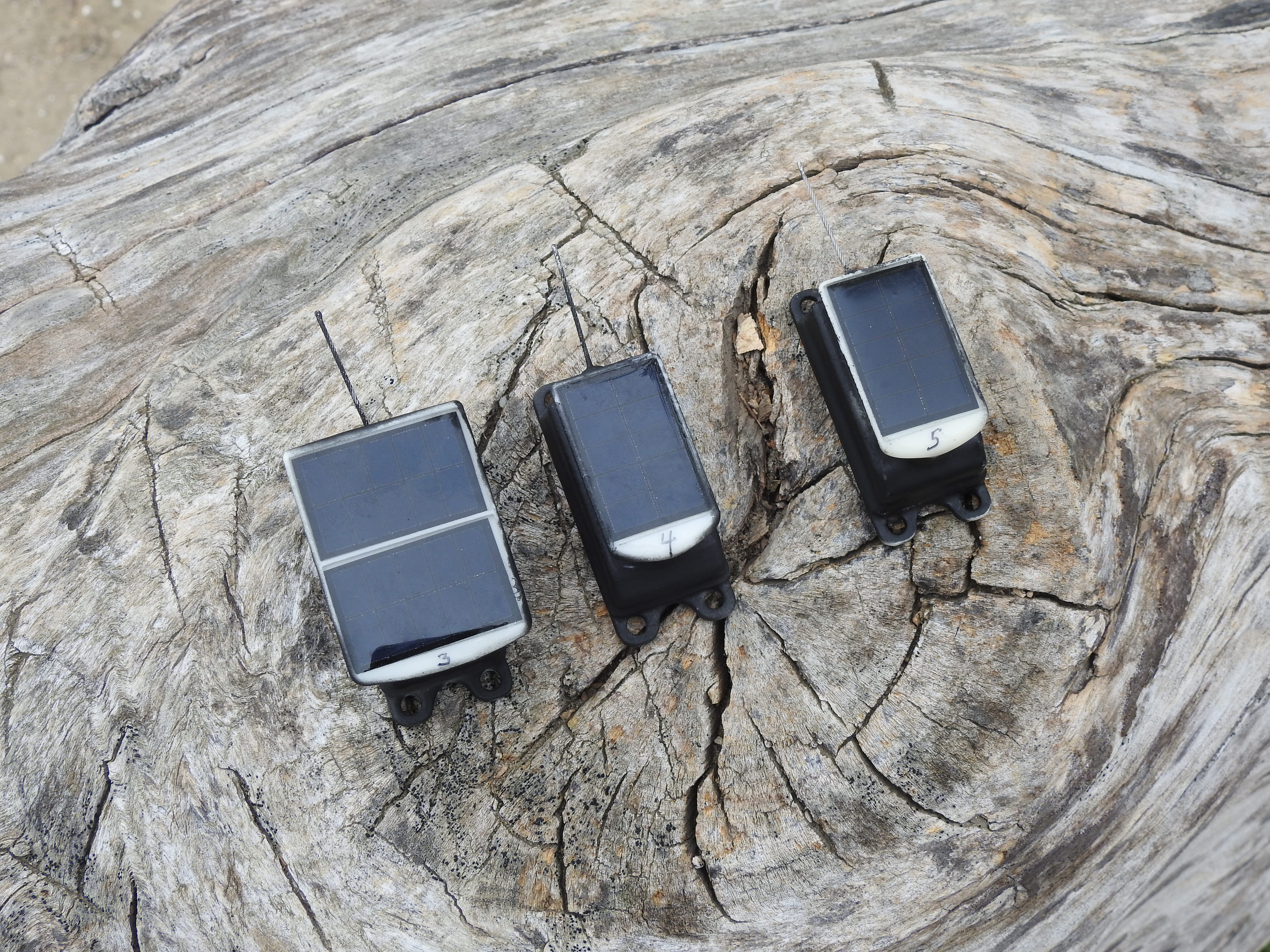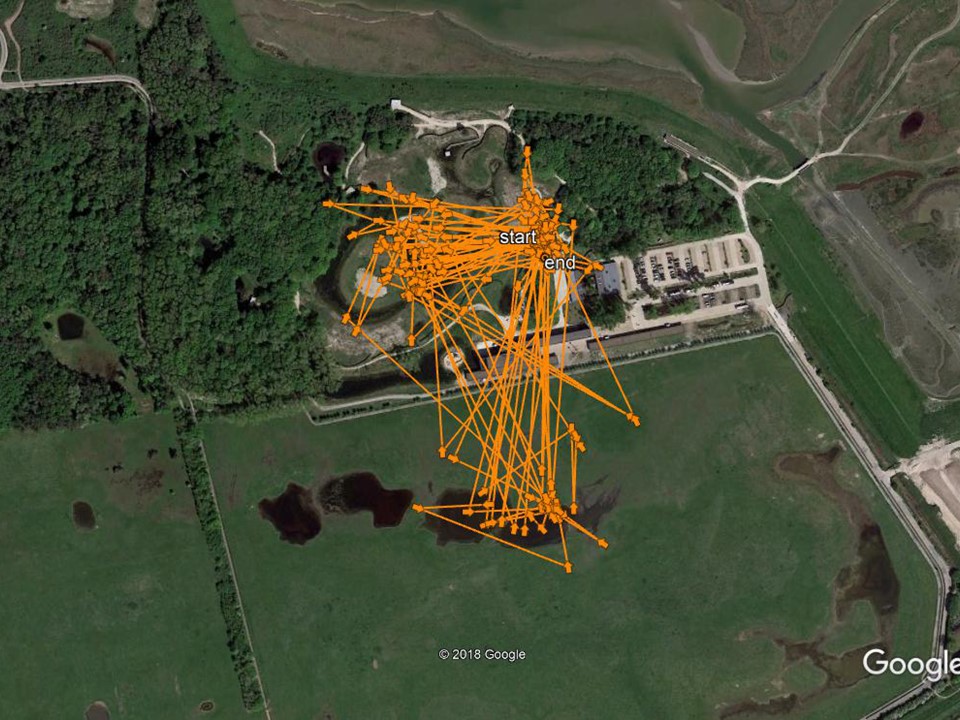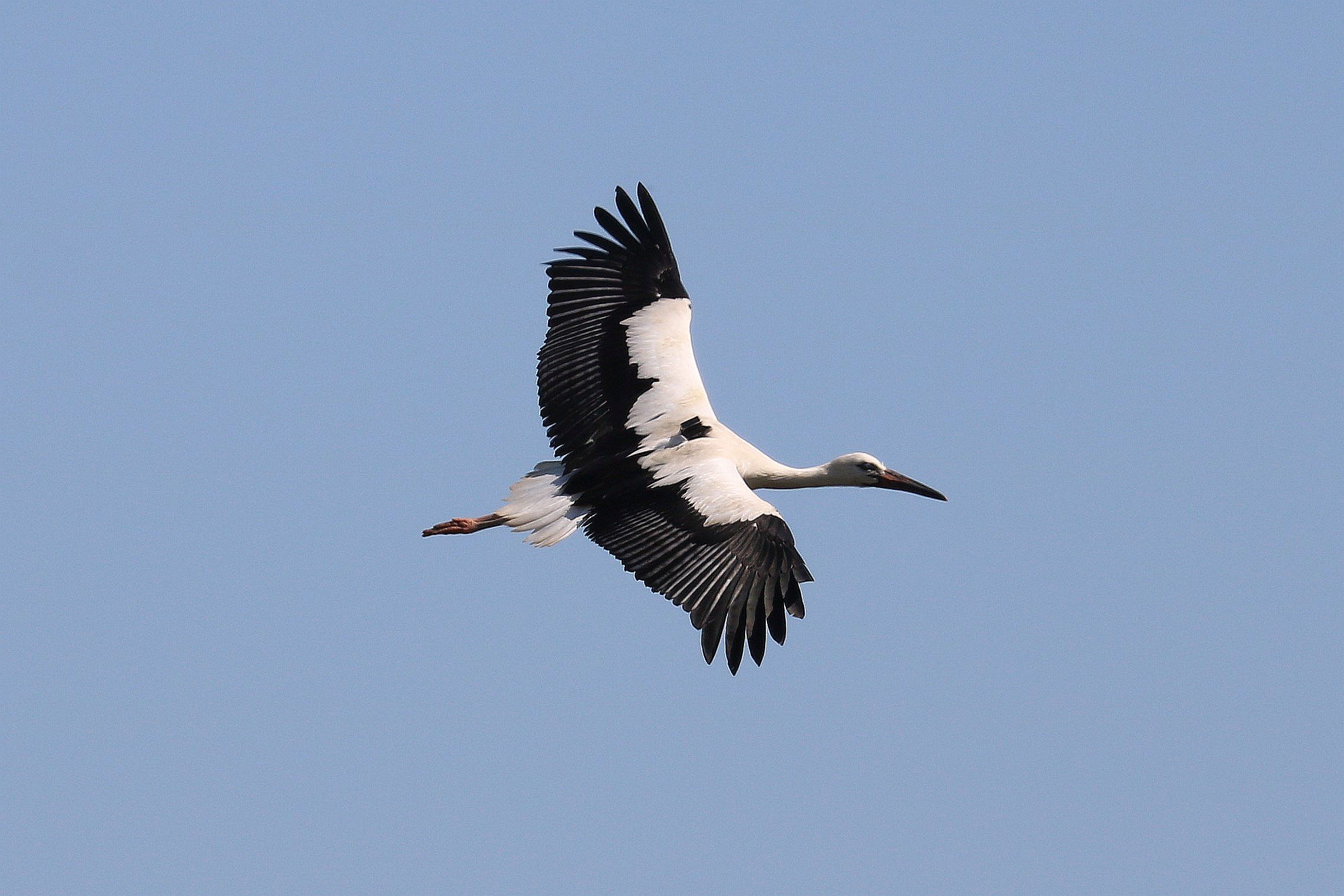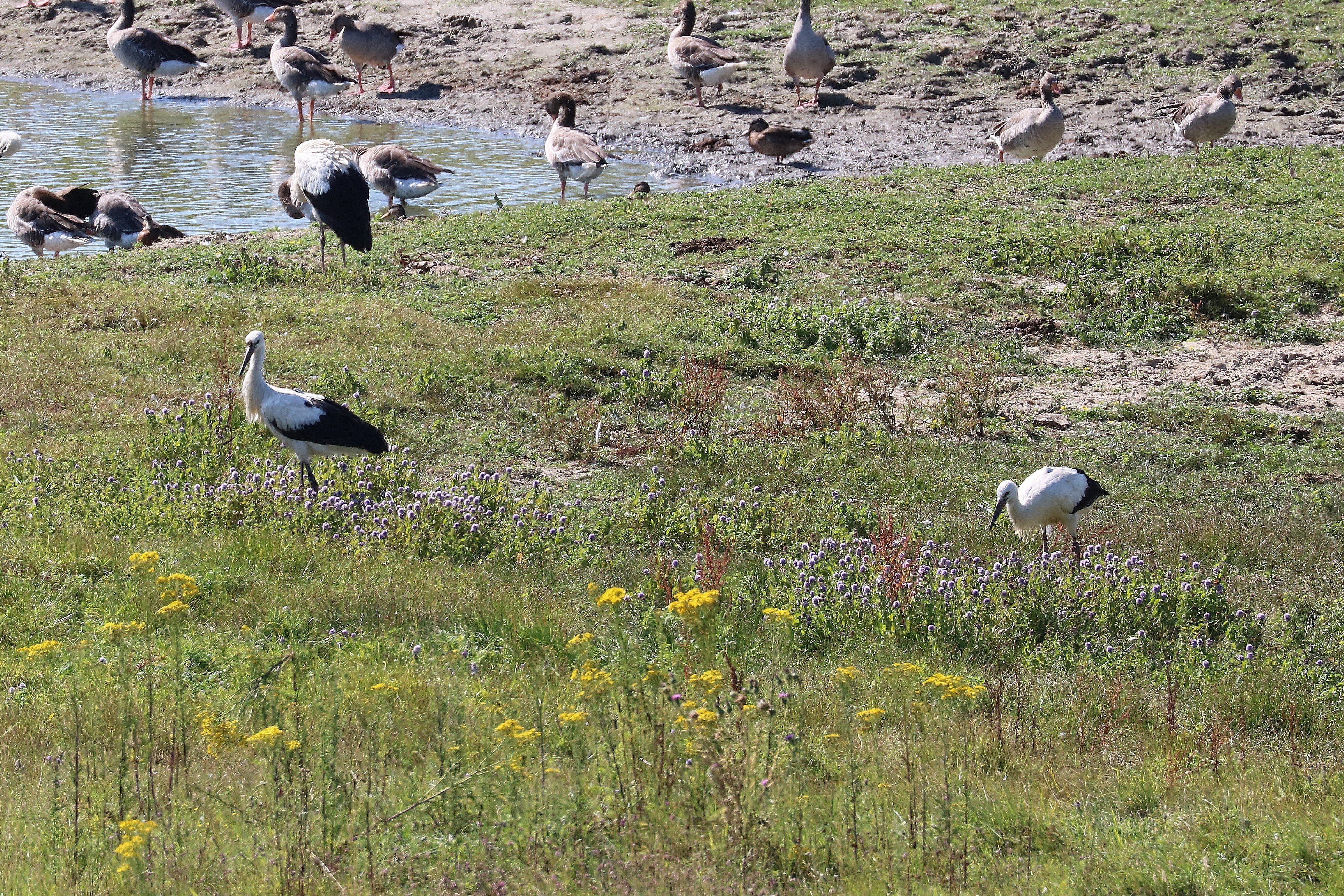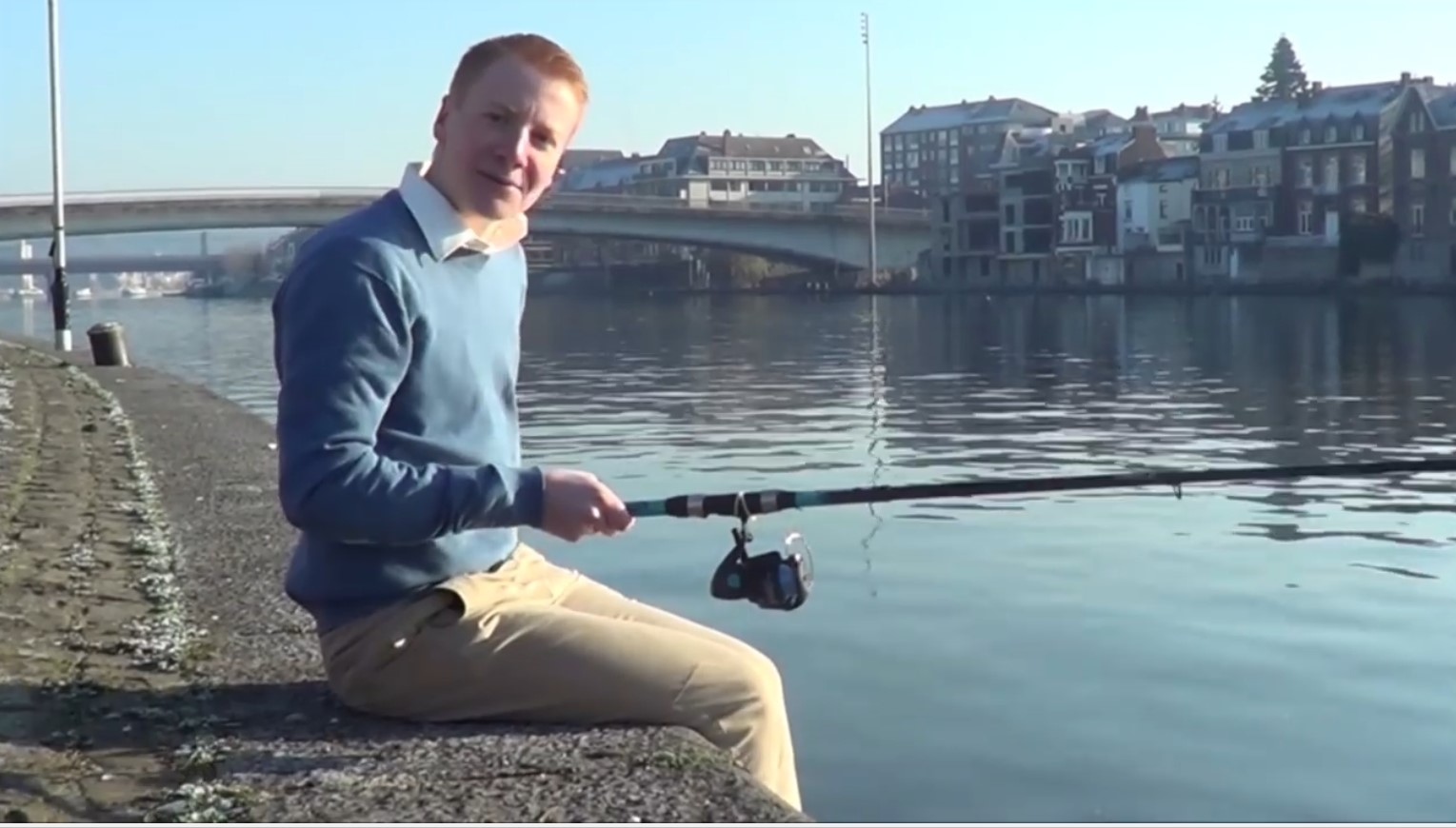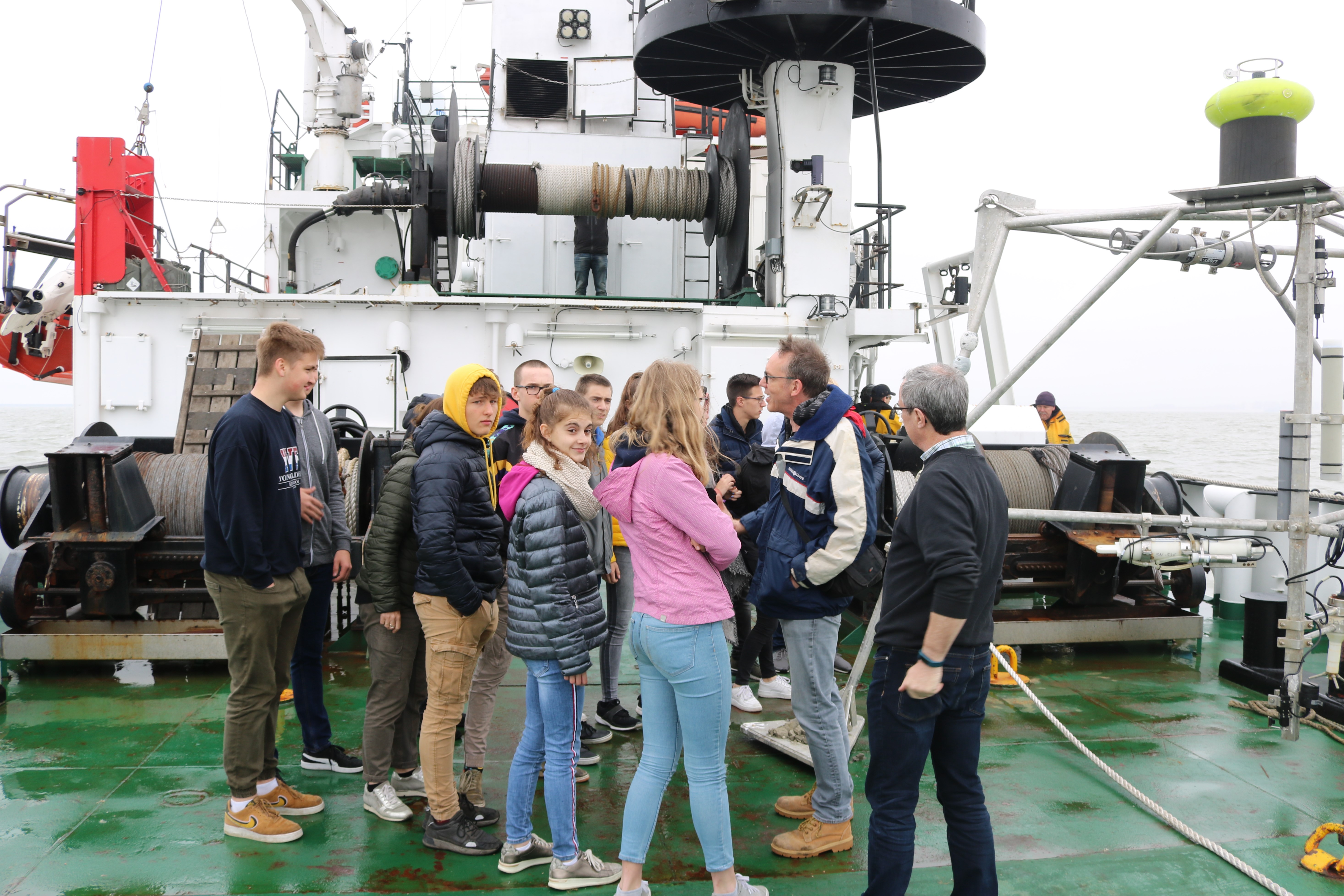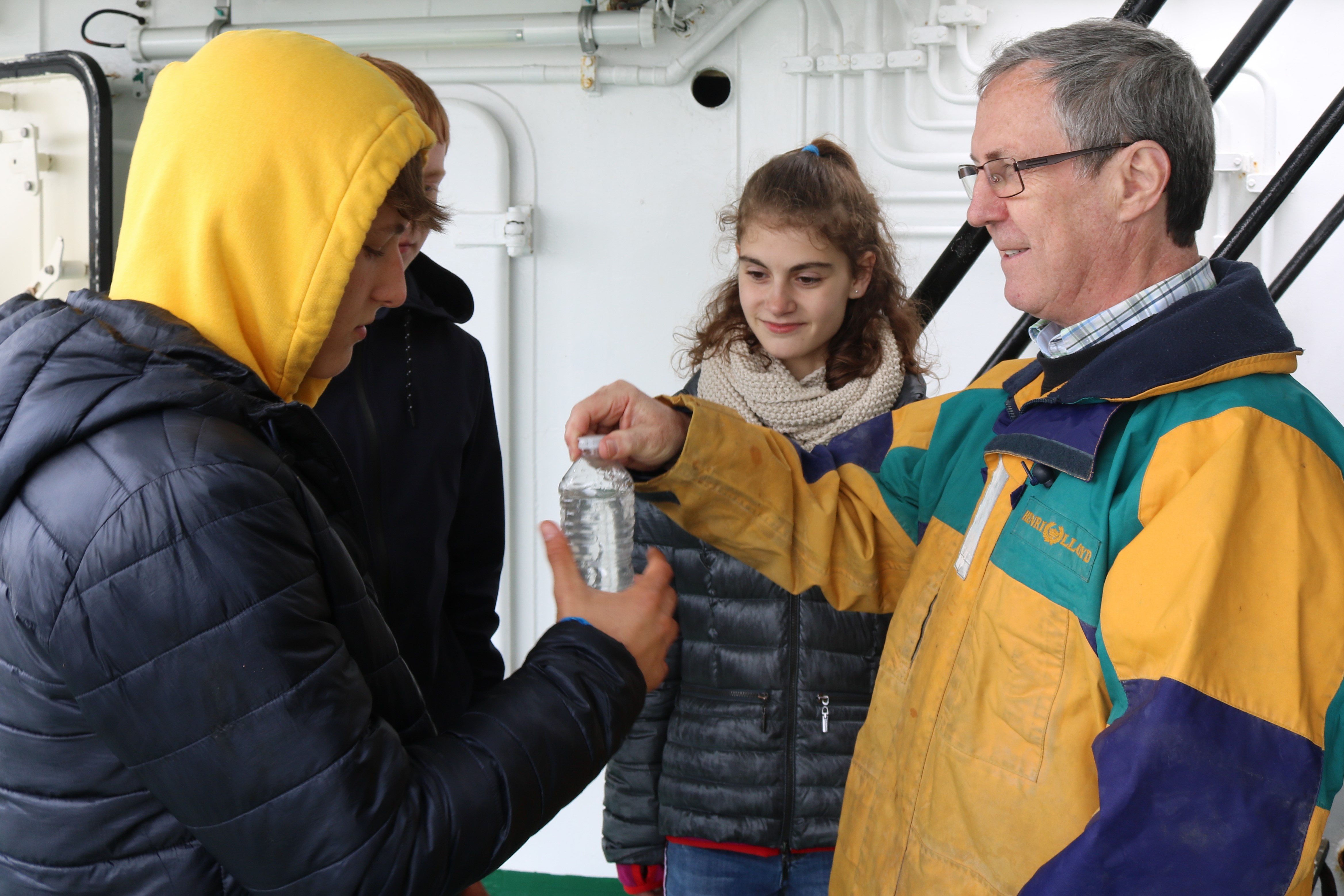On Friday 11 October 2019, the North Sea countries celebrated the 50th anniversary of their Bonn Agreement cooperation in Bonn (Germany). Under this agreement, Belgium, the Netherlands, Germany, the United Kingdom, France, Denmark, Ireland, Sweden and Norway are fighting pollution of the North Sea together with the EU. This regional agreement was founded to combat the pollution of the North Sea by ships and other maritime activities. At the 2019 meeting, Belgium took the initiative to extend the scope of the agreement to include the prevention of illegal air pollution by shipping.

Evolution of the agreement
In 1967 the oil tanker ‘Torrey Canyon’ lost 117.000 tons of oil after being shipwrecked. Shortly after this first major oil spill, in 1969, the countries bordering the North Sea joined forces and concluded to the Bonn Agreement. In this way they help each other in the fight against pollution caused by disasters at sea, chronic pollution from ships and offshore installations. Moreover, they work together in exercising supervision and control.
Oil pollution in the North Sea has fallen sharply over the years, mainly due to the fact that nowadays, illegal oil discharges at sea are rare. This is the result of thirty years of coordinated efforts within the framework of the agreement to detect illegal discharges and to prosecute the polluters caught. However, it is still important to be able to act quickly and collectively in the event of an environmental disaster.
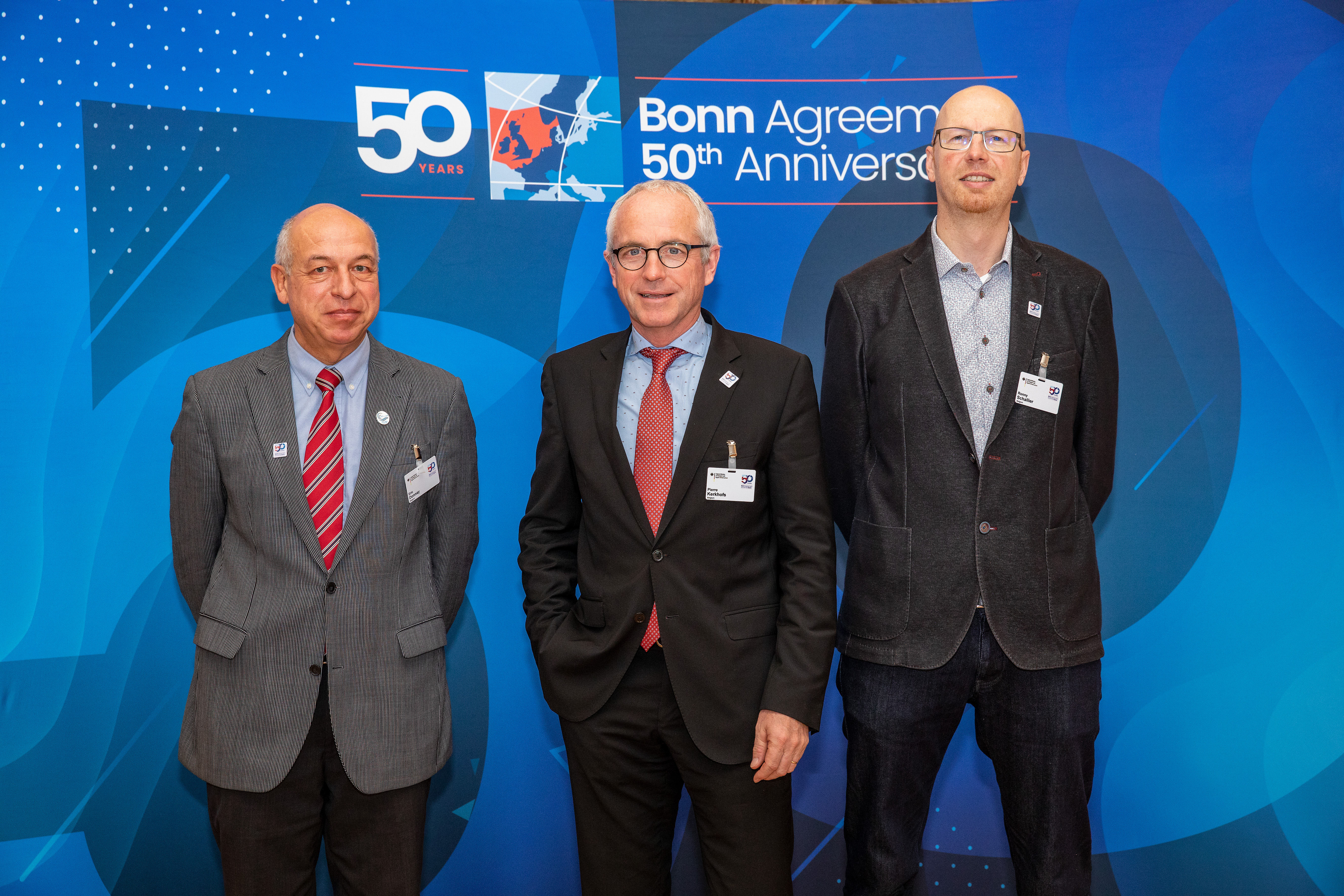
Results of the meeting
The Bonn meeting took a number of important decisions for the future of the agreement, which were adopted at a ministerial meeting. A new ambitious Strategic Action Plan of the Accord for the next six years was completed. Spain’s accession to the agreement – resulting in the extension of the agreement’s zone to the Bay of Biscay – was formally approved. Another important decision is the extension of the scope of the agreement to include emissions of polluting gases from ships. This was done at the suggestion of Belgium, which is in charge of the organisation of these new activities.
North Sea Minister Philippe De Backer: “This is an international recognition of Belgium’s expertise and pioneering role in protecting the seas and oceans. There is no doubt that this expertise will ensure even more effective controls on compliance with the standards for emissions of gaseous pollutants from ships in the North Sea”.
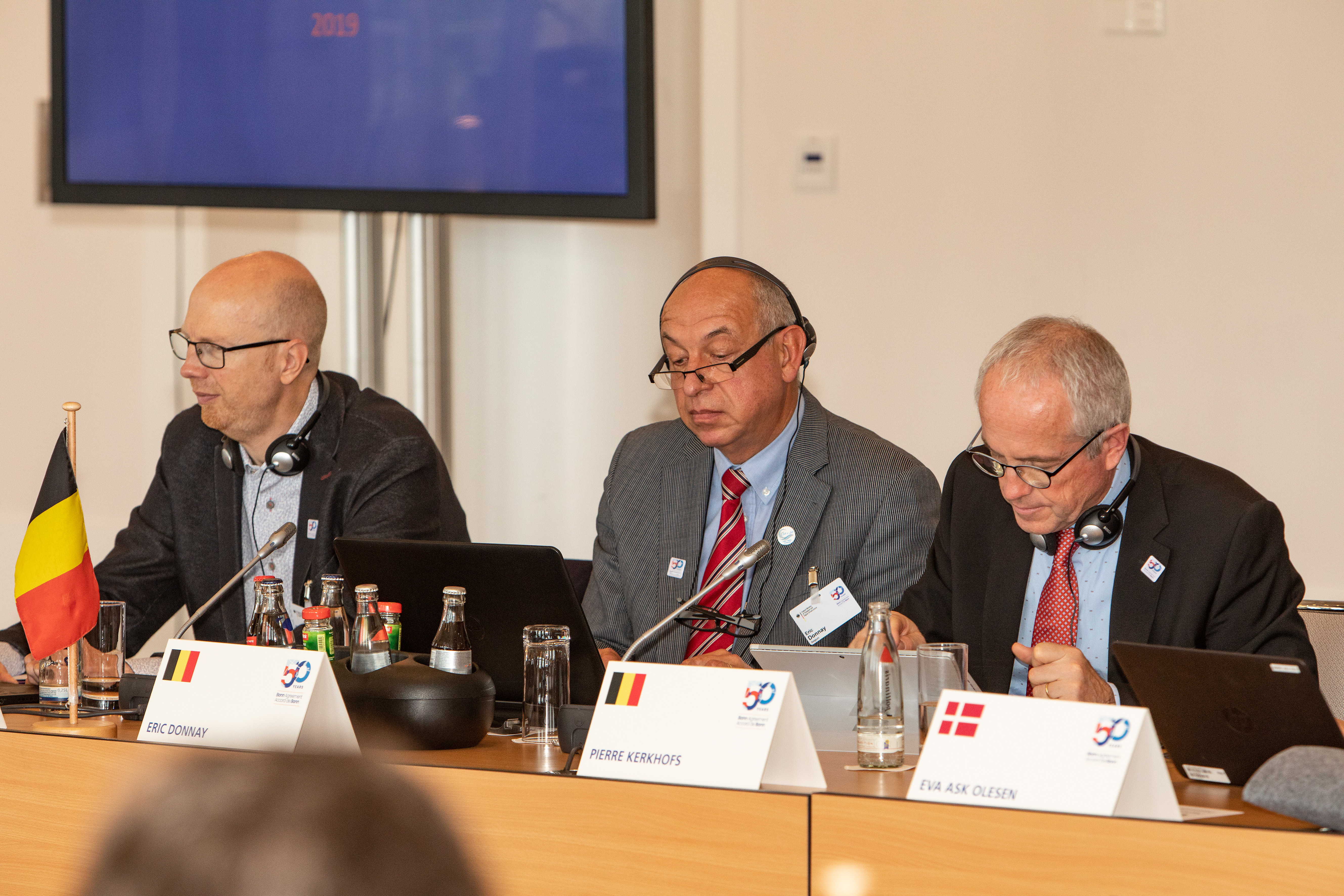
Implementation in Belgium
In Belgium, the Bonn Agreement is implemented by MUMM (Management Unit of the Mathematical Model of the North Sea) of the KBIN and the Marine Environment Service of the FPS Public Health. With the new action on the control of emissions from ships, the DG for Maritime Affairs of the FPS Mobility is now also actively involved. They jointly monitor marine pollution with aircraft and patrol vessels and control on board the vessels in the port.
Belgium is internationally regarded as a blue leader in the field of the protection of the seas and oceans. Our country was a pioneer in the field of marine spatial planning, the construction of offshore wind turbines and the fight against plastic waste in the sea. It has also taken international action to halve the CO2 emissions of ships by 2050, and Belgian shipowners are working hard to achieve zero-emission shipping. Moreover, one third of the Belgian part of the North Sea is protected as a Natura 2000 area and Minister De Backer recently confirmed to the United Nations the ambitious ’30×30′ plan to protect 30% of the ocean by 2030. The initiative to extend the scope of the Bonn Agreement in order to better protect the North Sea once again illustrates Belgium’s pioneering role.
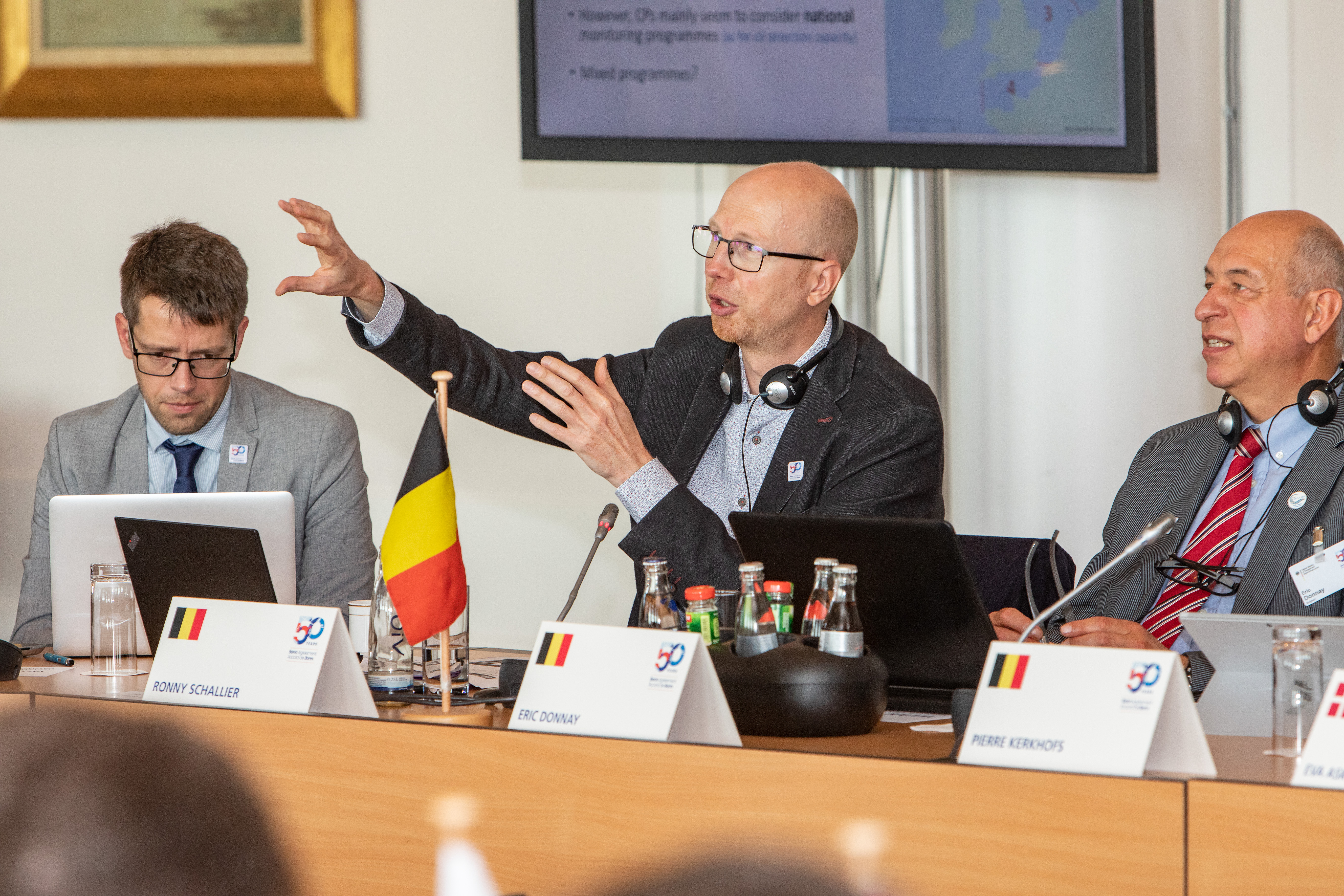
More information: www.bonnagreement.org

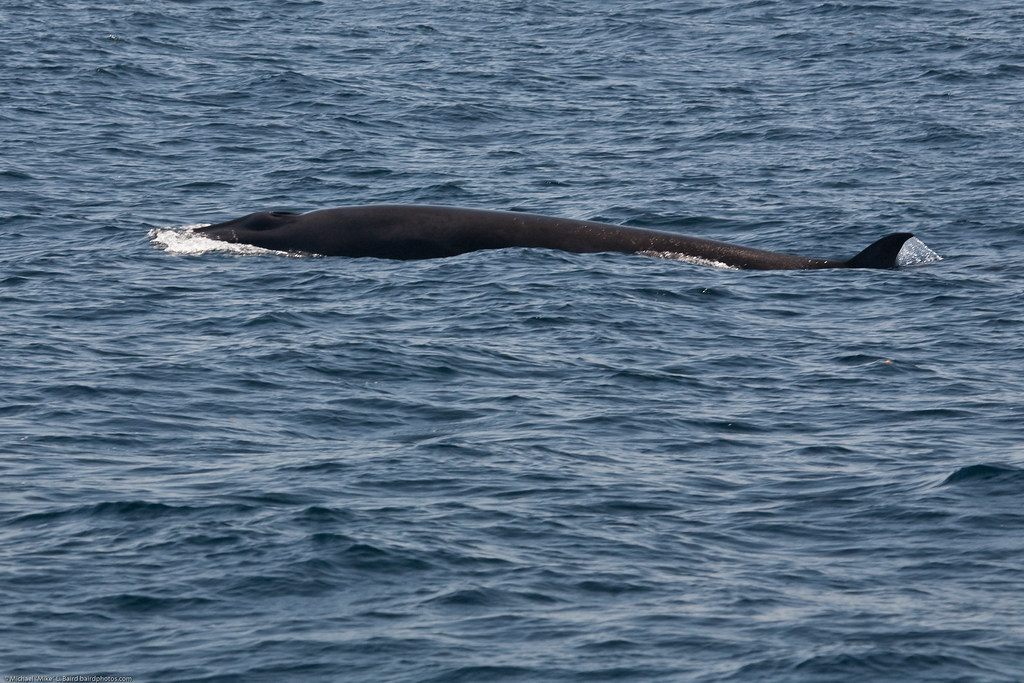
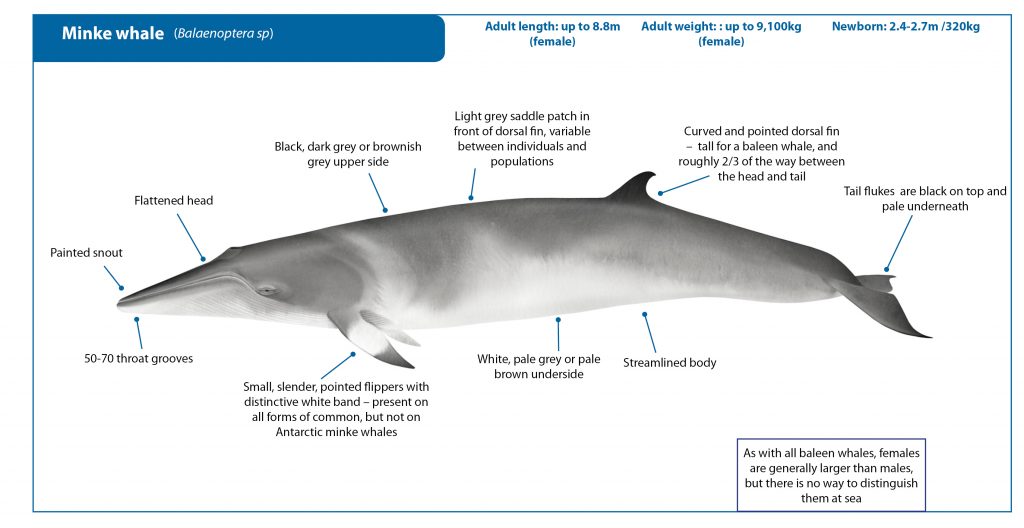
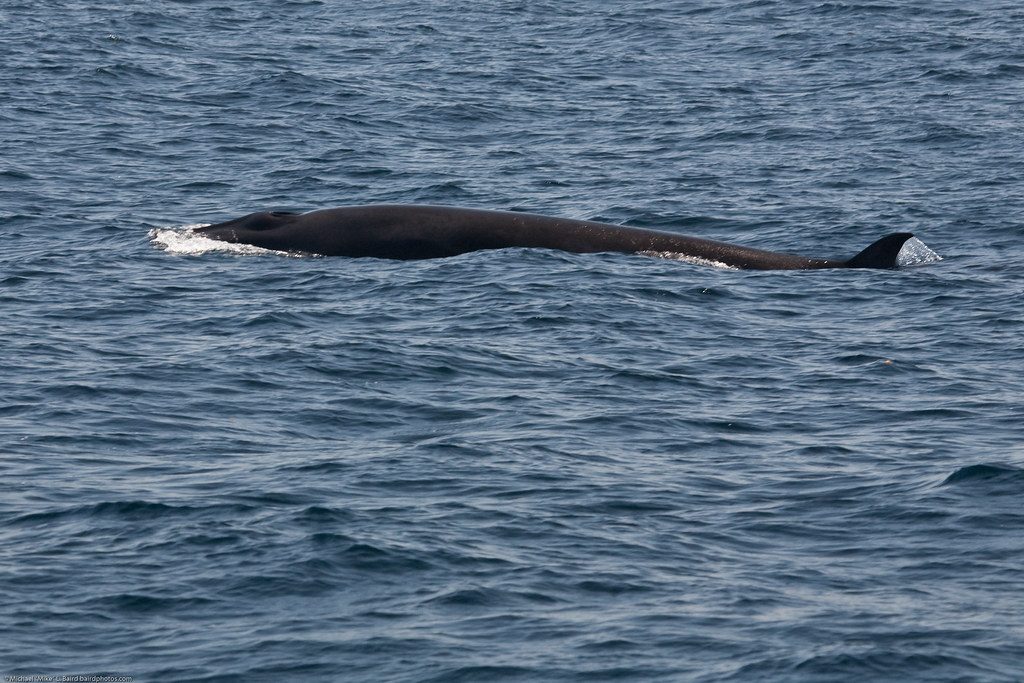

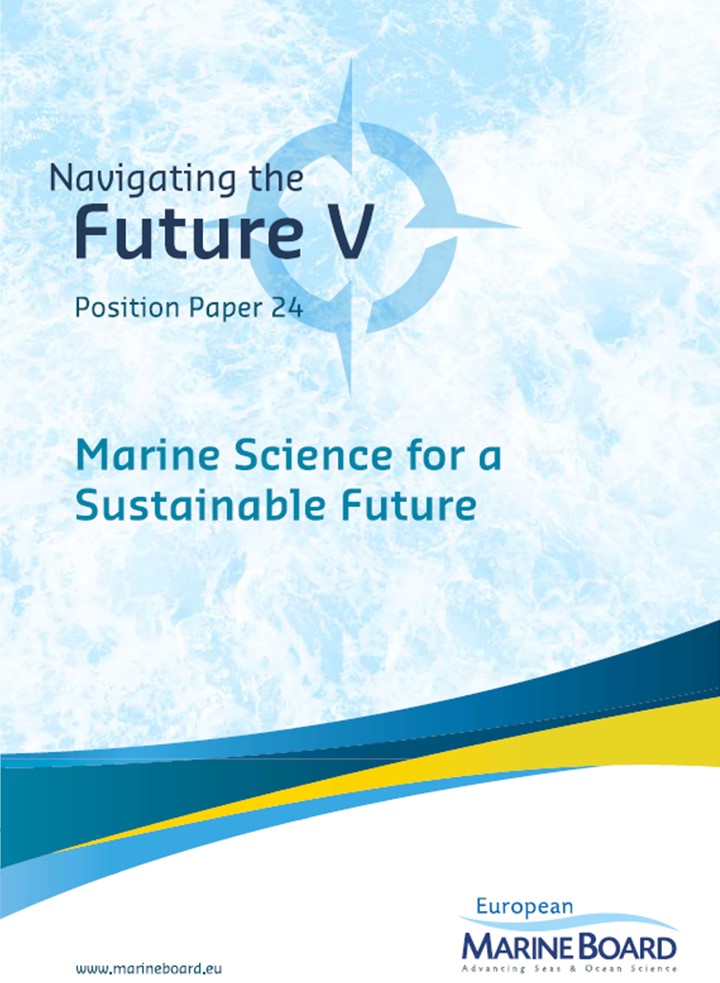
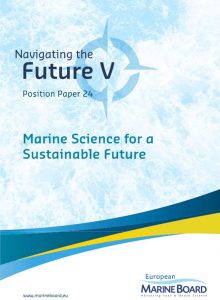 The
The 